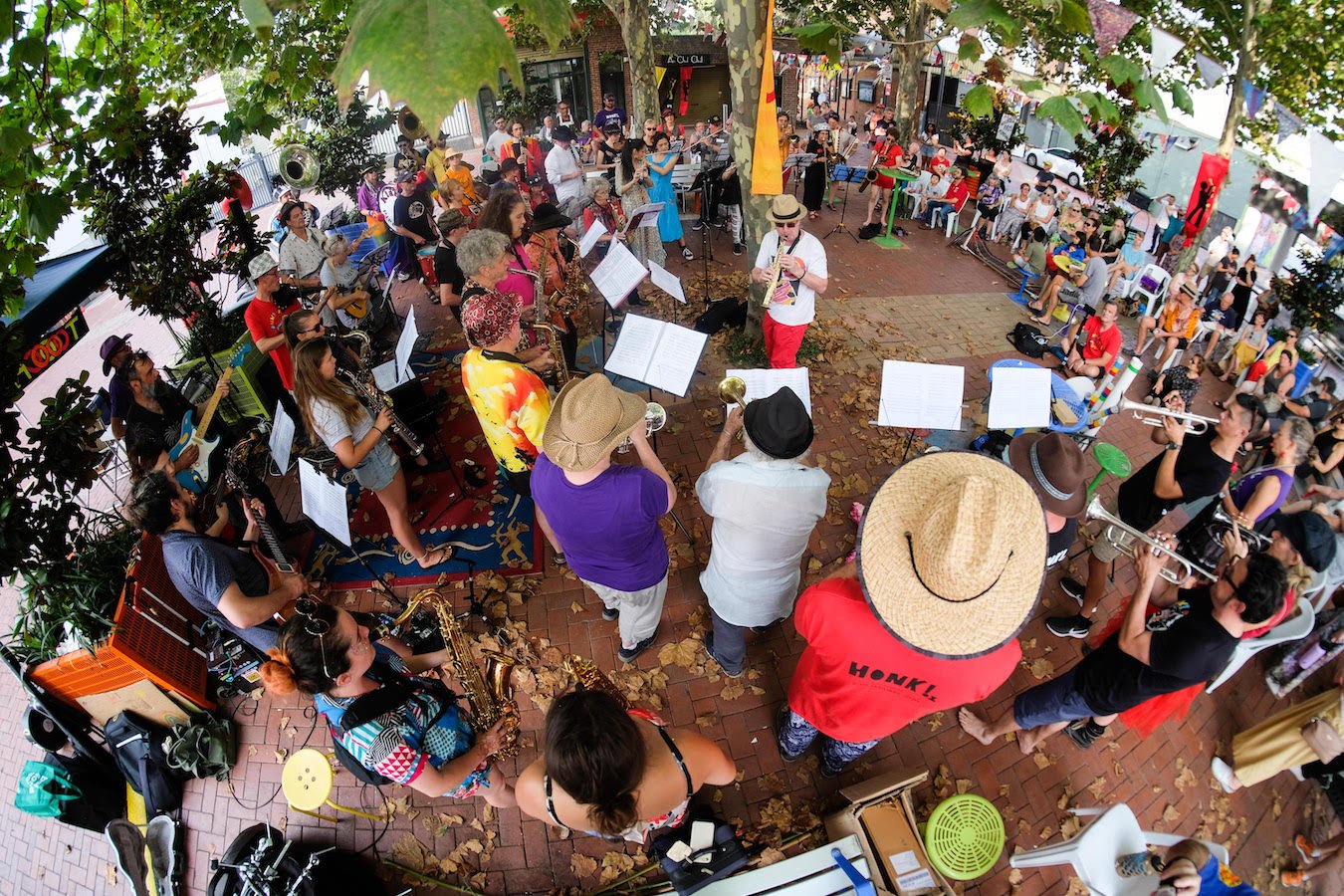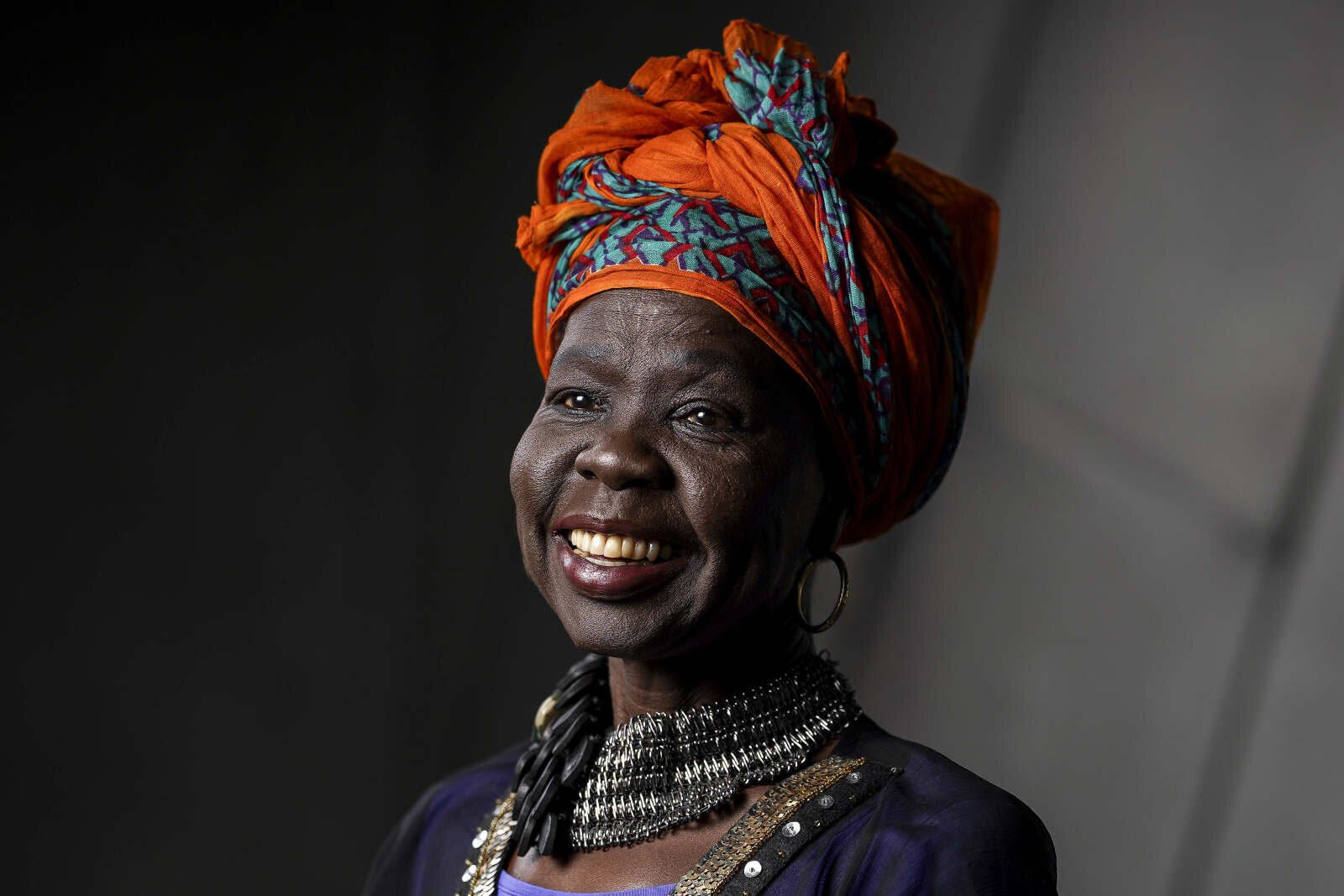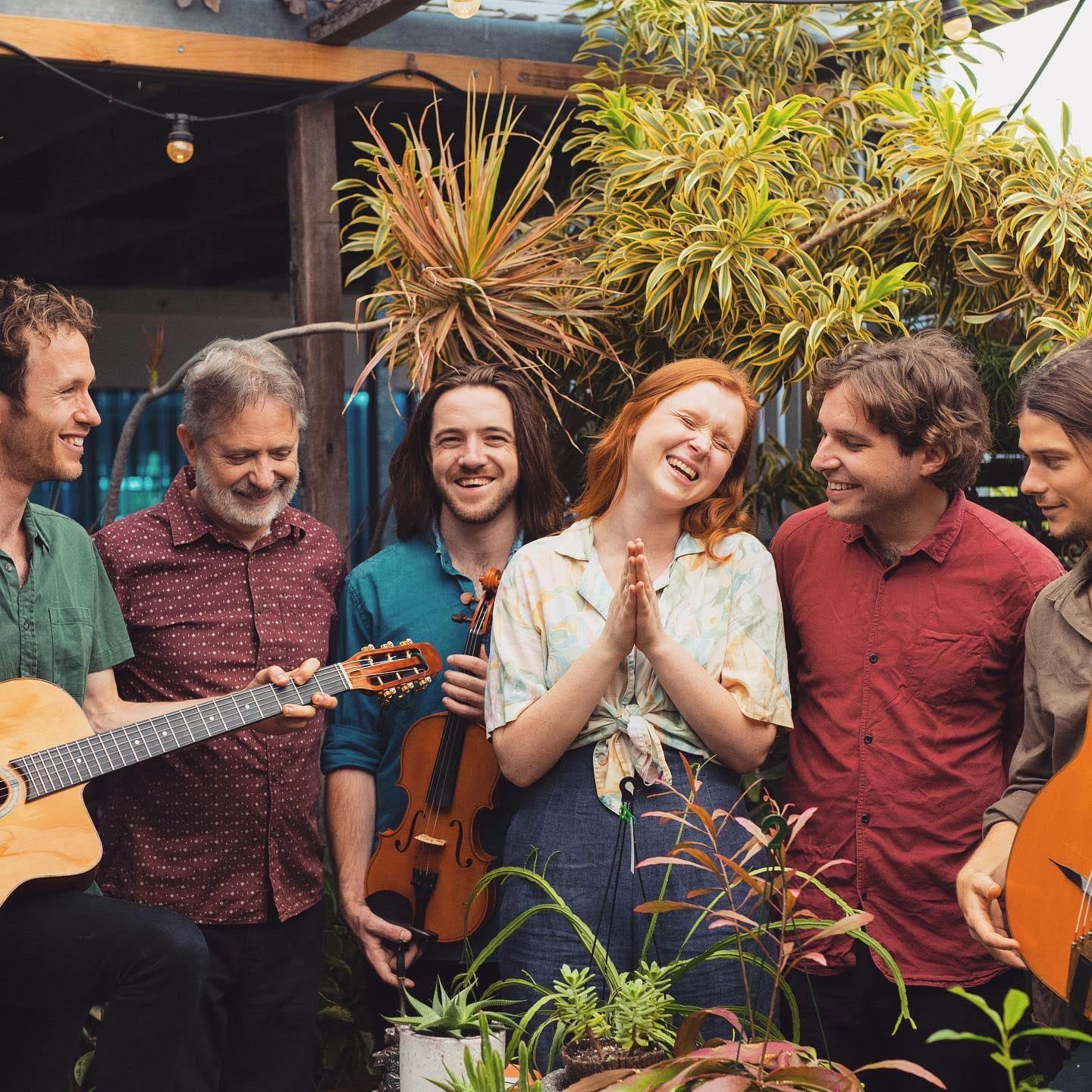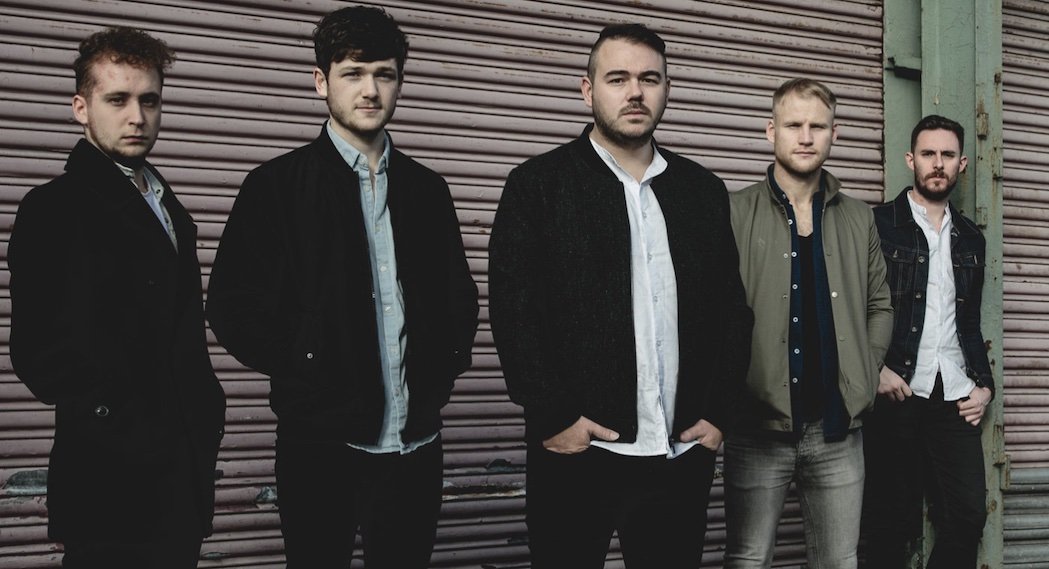folk and jazz fests hit wollongong
Image: Robert Torres
For US saxophonist and jazz composer, Ken Field, the Illawarra certainly is a long way to travel for a gig. Performing at both Honk Oz and the Illawarra Folk Festival in coming weeks, we spoke to Ken about bringing the sounds of New Orleans street bands to Wollongong.
Tell us about your work and your performance background…
I play saxophone and I write music. Many years ago, I got interested in the music of New Orleans - the second line brass band music of New Orleans. I got interested in the city, the culture, the music. The impactful part about New Orleans second line brass band music is that it originally part of the funeral tradition, that important part of life, which is the end of life, and the concept of celebrating life at the same time that you're mourning a loss of life.
And I've played in bands that are very different from this kind of music. I've played in experimental electronic bands, a group called Birdsongs of the Mesozoic, that was very composed music, very European based music and sort of strict. But the music I'm doing with my band, the Revolutionary Snake Ensemble is very open, very improvisational. And so, I've brought that here.
What brings you to Wollongong?
I've been involved with the original Honk Festival in Boston and then came here because of Honk Oz, and then it tied in with the Illawarra Folk Festival. I've tried to bring that combination of openness, musical openness and also participation. The band that I'm leading is what we call the Hoot Pickup Band. And we've had as many as 75 people playing with the band, which when I heard that there were that many people signed up, I got very, very nervous!
I thought ‘how am I even going to do this?’, but it worked out really well. Over the past six years or so, I’ve come up with an approach that works for me and works for the participants. And people seem to really appreciate the opportunity to do this, play this kind of music, and push themselves a little bit or do a little improvisation, when they're thinking that they're not comfortable with that.
How do you accommodate for musicians’ broad range of experience?
The trick is to make the music accessible to a broad range of people of experiences. A very simple melodic line played by a very experienced person is great. You know, it's not like that experienced person needs to have a, a complicated piece of music to feel fulfilled musically. I can write music that I think is going to be accessible to less experienced players, but also will be enjoyable for experienced players. Part of the concept is having a rhythm section and then on top of that, many different things can happen.
Part of my job is to make sure everybody in the group feels like they're doing something interesting and pushing the people appropriately, or not pushing them, as is appropriate.
What's the feeling for you jamming with a group of 70 musicians, compared to your own band or a smaller ensemble?
It's different in a lot of ways. It’s different because it's scary! It’s different musically. When you have a large group of musicians, you can do things that you can't do with a small group. You can play pieces that have a power with that large ensemble. You can have a whole group, all the trombones, if I give them a sequence of notes or a selection of notes to play and hold those notes, you can create these beautiful chorale sounds that you can't do with the smaller group. There's a lot of levels to it. And seeing that many people having a great time is gratifying.
Image: David Rooney
You have written arrangements of local songs, tell us about that…
I've tried to bring music to this ensemble, both my own original compositions, that is from traditional New Orleans repertoire and I've arranged some music that is particularly appropriate here. I did an arrangement of ‘Beds are Burning’ by Midnight Oil. It’s a great tune and did it as a second line groove. I think people appreciate that for many reasons - partly because it's a piece that they recognise and it's a piece that has meaning.
I did an arrangement of Gurrumul’s called ‘Wiyathul’. It was a little nervy of me to do a treatment of that piece when his rendition of it was so incredible, a solo guitar or with a small group. This year we're adding a couple of new pieces to the repertoire that we've been doing for years, one is the Archie Roach piece ‘Took The Children Away’. It’s beautiful. We haven't played it yet, but I’m looking forward to that. There’s a big range of material, but I think bringing music with the local, Australian connection into the group is important.
When you’re preparing for Honk Oz and for Folk Fest, what's the lead time in terms of creating arrangements?
I tend to have a fair amount of time over the course of the year to work on those. I think I started working on the Archie Roach piece maybe four or five months ago. I had enough time to do a little bit on it, let it sit and come back. Different pieces take different amounts of time. But it's very enjoyable and satisfying work of course.
The original Honk Fest in Boston has been going for over 15 years. How did the Wollongong connection come about?
I saw a comment on Facebook from the Honk Oz Festival and they had been thinking about putting something together. They saw what Honk [in Boston] was and said, ‘this is exactly what we're wanting to do’. They looked into what I did, and that I had a band Revolutionary Snake Ensemble, and we had a discussion on Zoom.
They decided to bring me out and we were talking about what will I do - and we came up with this pickup band concept. It started out small and grew over the years.
What are you looking forward to at both festivals?
Honk Oz is just a beautiful community-based festival and there will be a lot of people that I know through many years. The Illawarra Folk Festival is bigger and there are people from all over Australia and beyond that I'm not familiar with. It's an opportunity to hear music, as much as playing music. It’s a little smaller this year, but it’s going to be an amazing event.
There are musicians in previous folk festivals here that I've ended up becoming quite good friends with, in fact I’m going to play with one this weekend. I've sat in with people in the past and it's been a lot of fun.
What do you love about the Illawarra that keeps you coming back again and again?
For me, it's all about people and the friends I've made. We've made a lot of really close friends here, some of whom have come to visit us in the US in Boston. That’s a big part of it for me. Of course, it's a beautiful area, the coast and the ocean, is another big part of it. In the past years, we've had the opportunity to travel a bit, but I think the good friends that we've made is just a really nice thing. To be able to feel like you're in some small way a part of this community, it's a huge honour.
BYO acoustic instrument and join in with Ken Field’s Hoot Band at the Illawarra Folk Festival on 21-22 January at Bulli Showground or Honk Oz on Saturday 14 January.
Ones to watch
Ajak Kwai
Ajak Kwai will immerse you in the depths and richness of her South Sudanese roots and soulful sounds. Ajak's distinctive voice and vibrant afro soul style songs have seen her in demand with many festivals including Byron Bay, Apollo Bay, National Folk Festival, Port Fairy, Melbourne International Festival.
Cigany Weaver
Fusing the passion of folk music, the precision of classical, and the spontaneity of jazz, Cigány Weaver create a rich and vibrant atmosphere for both the heart and mind. Front woman, Jo Davie's soaring vocals and enchanting gentle demeanour combines with a fiery violin, dynamic guitars and driving rhythm section.
The Paul McKenna Band
Hailed as one the best folk bands to emerge from Scotland in the last 20 years, The Paul McKenna Band draws on both Scottish and Irish roots, in a dynamic, full-bodied array of original and traditional material, along with songs by like-minded authors.





